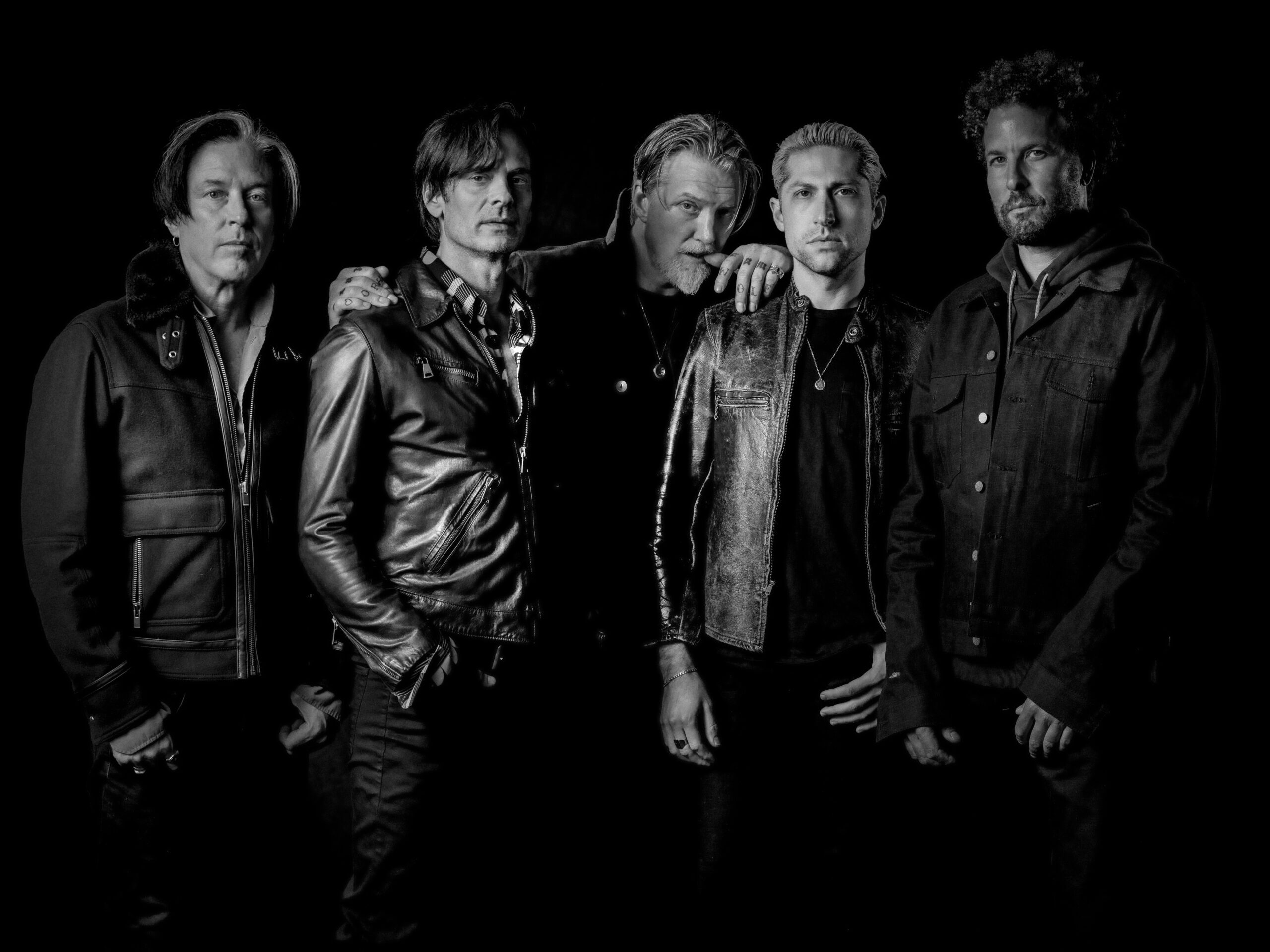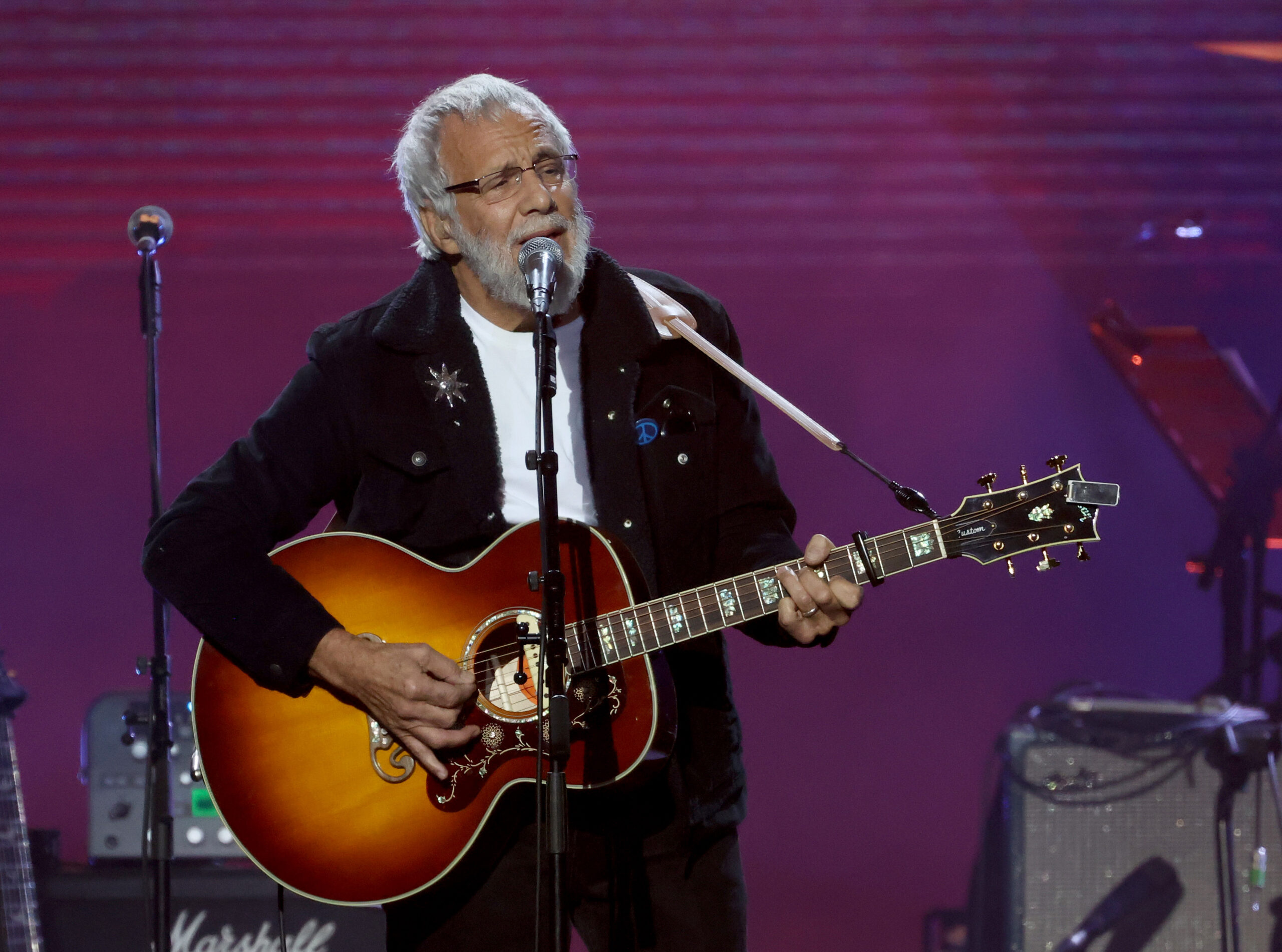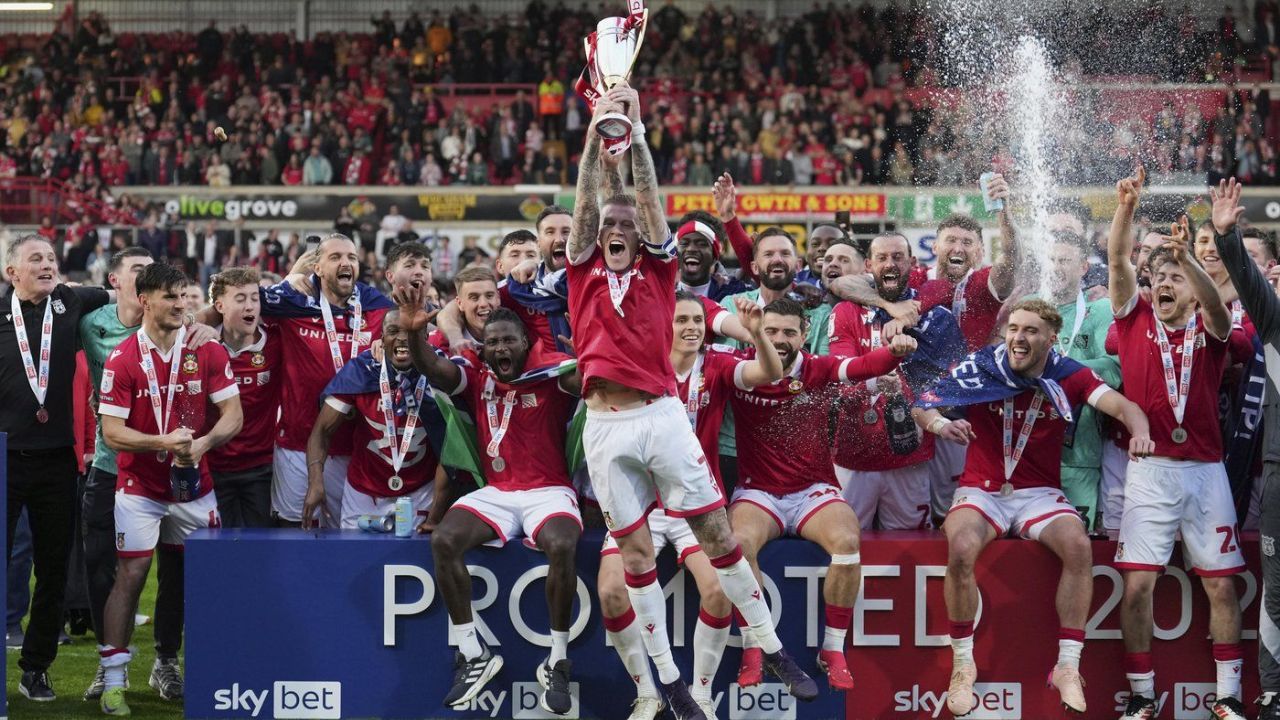Democrats kick off 2028 shadow primary with contrasting styles
The shadow Democratic presidential primary is kicking off, with potential contenders ramping up their appearances in key battleground states. Former Transportation Secretary Pete Buttigieg is slated to take part in a VoteVets town hall in the early-contest state of Iowa on Tuesday, while Maryland Gov. Wes Moore (D) is set to headline the South Carolina...

The shadow Democratic presidential primary is kicking off, with potential contenders ramping up their appearances in key battleground states.
Former Transportation Secretary Pete Buttigieg is slated to take part in a VoteVets town hall in the early-contest state of Iowa on Tuesday, while Maryland Gov. Wes Moore (D) is set to headline the South Carolina Democratic Party’s Blue Palmetto Dinner later this month. And Sen. Ruben Gallego (D-Ariz.) attended a town hall in the critical swing county of Bucks County, Pa., on Saturday.
The visits come as Democrats struggle to form a cohesive message in the second Trump era following a slew of losses in 2024. But the party’s strategists argue the emerging shadow primary is not as much about ideology but rather about who can land the most effective punch against Republicans.
“That’s where you’re seeing some of the cream rise to the top,” said Mike Nellis, a Democratic strategist and former senior adviser to former Vice President Kamala Harris. “Who understands this moment, can command attention and can move the ball forward?”
Democrats have grappled with how to respond to President Trump and Republicans’ control of both ends of Pennsylvania Avenue, but some of the potential 2028 hopefuls have already begun showcasing their responses.
Illinois Gov. JB Pritzker (D) called for “mass protests, mobilization, and disruption” against the Trump administration, saying last month that “Republicans cannot know a moment of peace.”
Michigan Gov. Gretchen Whitmer (D) has taken a different approach. While Whitmer has been critical of Trump, she notably worked closely with him and Michigan Republicans to secure funding for Selfridge Air National Guard Base. Last month, Whitmer greeted Trump with a hug on the tarmac when he traveled to the state to announce the funding.
“The energy that people are feeling now and the demand that Democrats are trying to meet for voters may not be the same demand in four years,” said Dan Kannien, a Democratic strategist and former battleground states director for Harris. “There’s this real imperative at the moment to fight, and you see JB Pritzker doing this and really taking on Trump directly and assertively on a host of issues.”
“And then you see Gretchen Whitmer taking a slightly different tack, where she’s fighting in some areas but she’s also fighting for her constituents with respect to the military base, for example. And being willing stand with Trump and Republicans to get things done.”
Former vice presidential candidate Tim Walz is another governor who has emerged as a leading Democratic voice in the second Trump era. The Minnesota leader is slated to headline state Democratic Party conventions in South Carolina and California.
Asked by The New Yorker’s David Remnick in an interview earlier this year if he would run for president in 2028, Walz quoted a friend of his by replying, “Never turn down a job you haven’t been offered.”
“If I think I could offer something ... I would certainly consider that,” Walz said in the interview. “I’m also, though, not arrogant enough to believe there’s a lot of people that can do this.”
Meanwhile other Democratic governors, including California's Gavin Newsom and Kentucky's Andy Beshear, have sought to raise their national profiles ahead of potential 2028 runs by launching podcasts.
Newsom has used his show to find “common ground” with conservatives, interviewing MAGA influencers such as Charlie Kirk and Steve Bannon. Beshear’s podcast has been billed as a forum to have “honest conversations with guests from diverse backgrounds — leaders, educators, innovators, creators, and everyday people with extraordinary stories.”
Some Democrats are skeptical the medium is the best use of a platform.
“I don’t think politicians should have podcasts like that,” Nellis said. “If you’re Gavin Newsom, you’re leading the fourth largest economy on the planet. Why are you doing a podcast?”
“You’re the governor of a state. You can command the attention that you want,” he said.
Some Senate Democrats also appear to be testing out the idea of a 2028 run through raising their own public profiles. Gallego acknowledged last week that he has thought about a potential White House bid down the line.
“Has it ever crossed my mind? F‑‑‑ing of course, I’m an elected official, it crosses my mind,” Gallego said, calling the question a “land mine.” “Am I thinking about it right now? Absolutely not.”
However, the junior senator raised eyebrows by participating in the Pennsylvania town hall over the weekend. During the forum, Gallego argued that Democrats are in the position the party is in today because “we started kicking people out of our tent.”
"I represent a state that has 330,000 more registered Republicans than Democrats," Gallego said. "You have to get a lot of votes, and that means we're going to have to have alliances with people that we may not agree with 100 percent of the time, right?"
Gallego rolled out his own immigration plan Monday, seeking to present a solution to a policy area various Democrats arguably lost out on last November. Gallego is one of the few notable exceptions, having defeated Republican Kari Lake last year.
New Jersey Sen. Cory Booker (D) has also stirred questions about a potential Senate leadership role or a White House bid in the future, particularly following his 25-hour speech on the Senate floor at the start of last month.
“You have Booker doing the filibuster, which I thought was incredible and came at a moment when people were desperate for a Democratic leader to step forward and take action. Cory was willing to literally stand up for 25 hours and say, 'This is messed up,'” Nellis said.
Democrats argue that the party’s strategy for taking on Republicans in 2028 will likely change from where it is now.
“Fighting Trump in this moment, which is a bare minimum, is completely different from what it will take to inspire the nation in a presidential race,” said Adam Green, co-founder of the Progressive Change Campaign Committee.
“For that we need a forward-looking vision and someone who drips and oozes authenticity when they promise to shake up a broken economic and political system.”

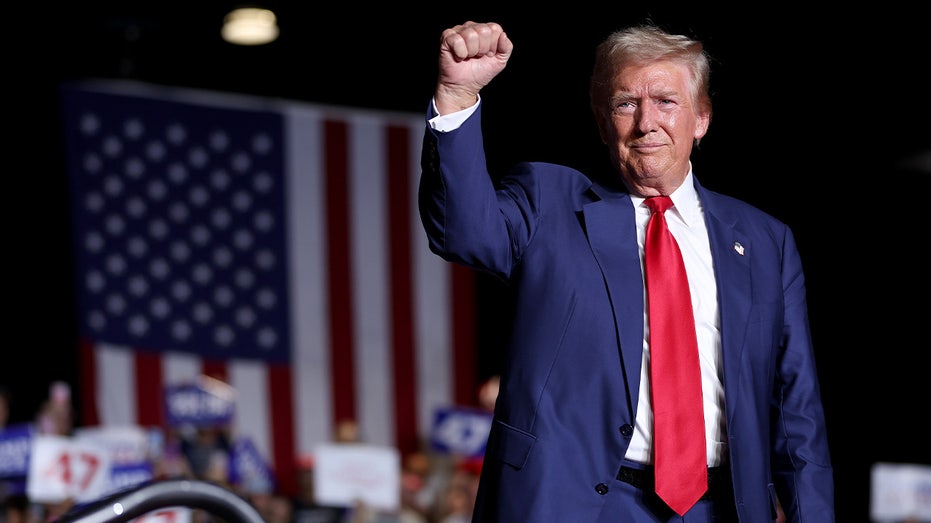
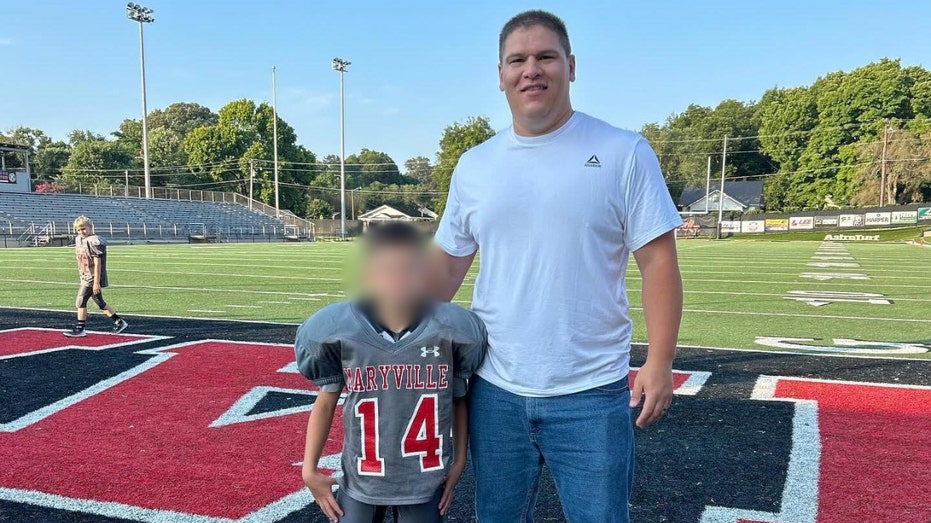

















_ElenaBs_Alamy.jpg?width=1280&auto=webp&quality=80&disable=upscale#)
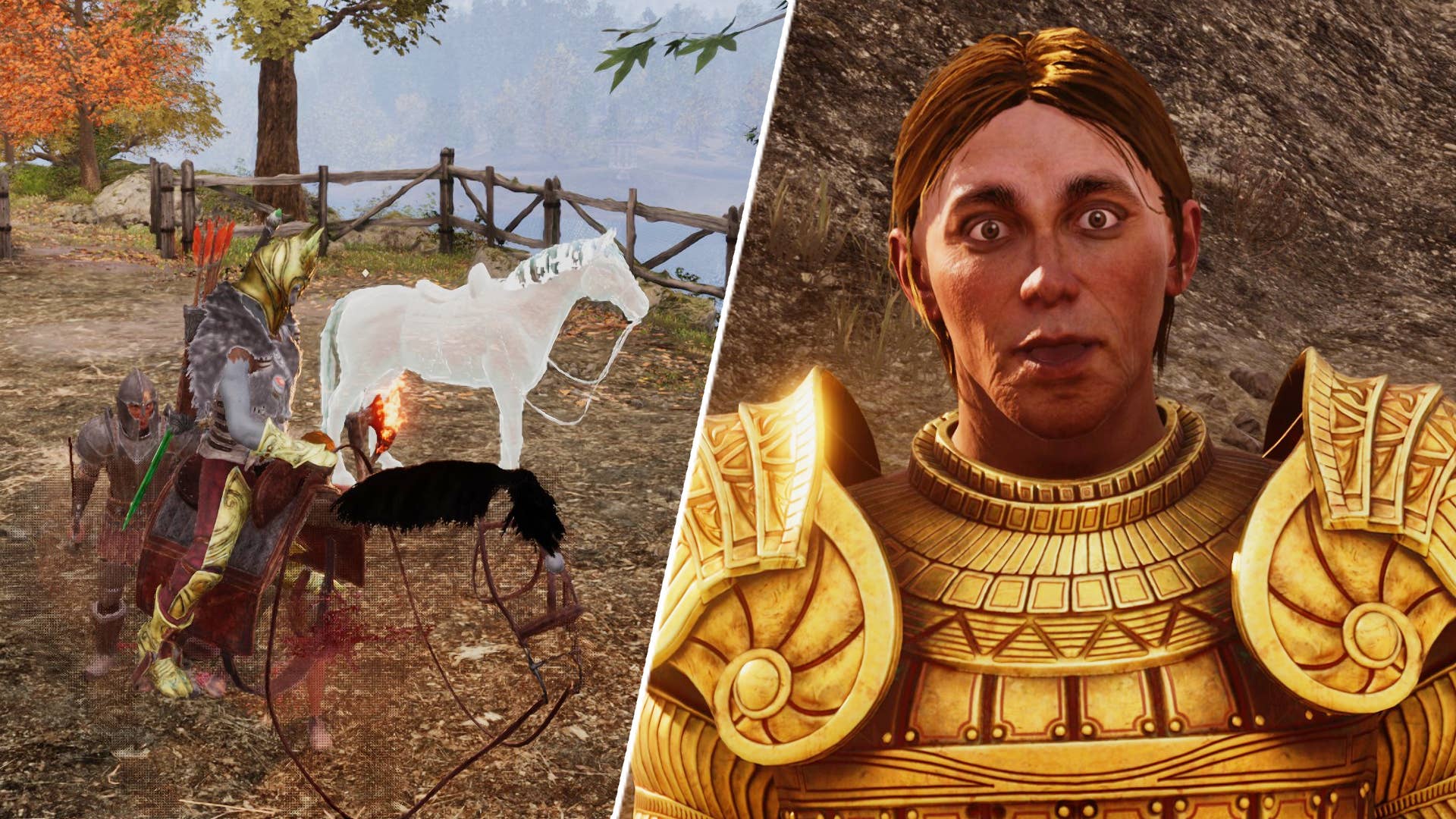









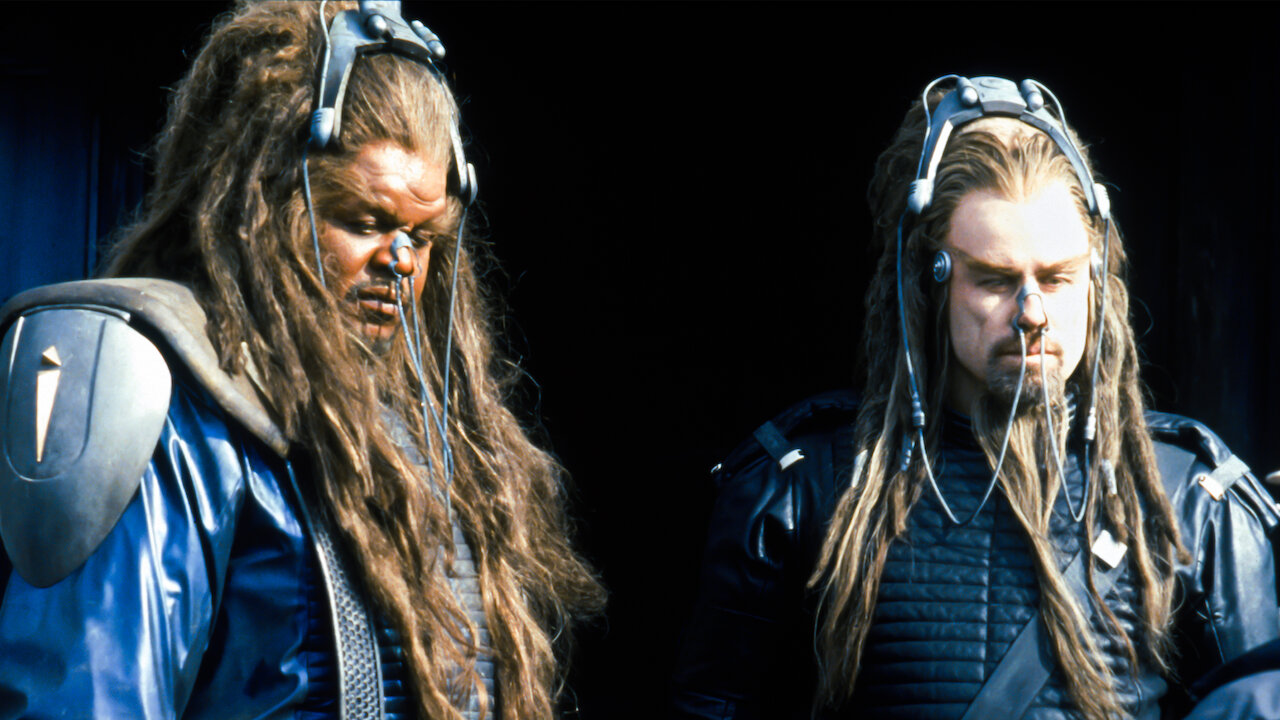










![Bitten By Bed Bugs At Luxor—Rushed To Hospital, All They Did Was Waive Her Resort Fee. Now She’s Suing [Roundup]](https://viewfromthewing.com/wp-content/uploads/2025/05/luxor.jpg?#)












